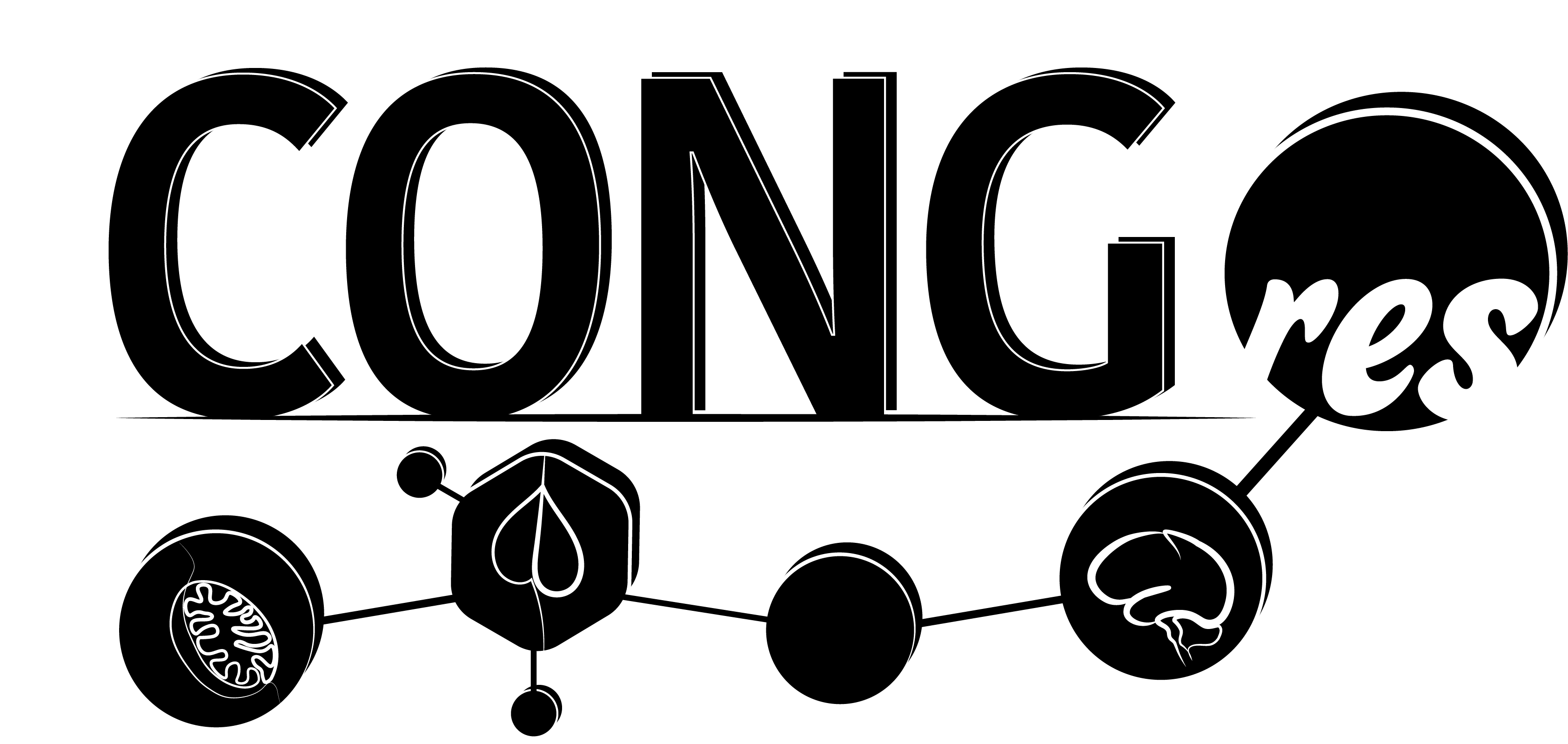On November 6 2013 the eighth edition of the CONGres was held at Amsterdam Science Park. The theme of the conference was ‘Food & Science’.
Our speakers:
Prof. Dr. Ir. Arnold van Huis
Dr. Susanne la Fleur
Prof. Dr. Hans Westerhoff
Prof. Dr. Mark Post
Dr. Lex Verdijk
Dr. Jeroen Rouppe van der Voort,Enza Zaden R&D
Dr. Jaap Seidell
Prof. Dr. Ir. Arnold van Huis’s lecture:
Insects: sustainable protein sources of the future
With the growing population of the world and the improving economies in most third world countries the need for meat will increase drastically. Currently however, 70% of the agricultural space is already being used for animal husbandry. New protein sources are essential; with insects dr. van Huis believes we have found one. The advantages of insects compared to meat are: 1) insects convert food much more efficiently into consumable meat, 2) they barely produce ammonia or greenhouse gases, 3) they require much fewer land area. At least 1900 species are edible and are being eaten in mostly tropical countries. Much of our current waste can be used as food for the insects. Current problems are legal obstacles and the price, due to the small numbers produced. Consumers can be persuaded by price and the assurance that it is safe to eat. Most importantly is the flavor, which will be a gastronomic challenge. Marketing will have to be a 4P-approach: Product, Price, Place, Promotion.
Dr. Susanne la Fleur’s lecture:
How obesity affects the brain
This lecture will be about the changes in the brain that come about with different eating patterns (snacking versus big meals and whether it contains sugar or fat) in animal-models and in the human brain. La Fleur will also briefly explain what we know about the changes in an obese person’s mind and what kind of consequences these changes could have. Furthermore a few experimental studies in which the brain is stimulated (deep-brain-stimulation) and seeks to change the eating behaviour of the patients will be discussed.
Prof. Dr. Hans Westerhoff’s lecture:
The biochemical map of the human metabolism
In this lecture prof. dr. H. Westerhoff will explain how genome-wide metabolic maps of the human are made and how these can be individualised. After this he will show you can scan for hereditary metabolic diseases with the metabolic maps. With all this info, he will show how you can improve medicine and diet and why only now you can truly understand part of genetics. Furthermore he will explain why current biotechnology and medicine do not work and how we can fix that.
Prof. Dr. Mark Post’s lecture:
The story behind world’s first stem cell burger
Because of the increase in the world population and the increase in wealth in the BRIC countries, the meat consumption is rising. The meat production is not sufficient and meat is starting to be an expensive and luxury product. Furthermore 20 % of all greenhouse gas emission is caused by cattle breeding and therefore ethical objections are emerging. Two solutions for this problem would be either to eat less meat or to produce it in a more efficient and environmentally friendly way. The first thing would be hard to accomplish because the past 35 years only 3-5 % of the population is vegetarian and it would be hard to convince people in developing countries since they are just starting to get the opportunity to eat meat. In august 2013 the first beef hamburger cultivated outside the cow was presented. This new technological development could help us to produce meat efficiently and on a large scale. The only question that leaves us is whether we want to takes this road of technology or try to change our behaviour. This question needs to be answered soon!
Dr. Lex Verdijk’s lecture:
Sports nutrition for young and old
It has been well-established over the past decades that the right combination of exercise and nutrition is of key importance in maximizing sports performance. In addition, exercise and nutrition play a major role in the prevention and treatment of almost all chronic diseases, especially those emerging in our western society. In the lecture “Sports nutrition for young and old”, our body will be modeled as a human engine. For that engine to work effectively, it needs to run regularly (use it or lose it) and it needs to be fuelled properly. Within his research group at Maastricht University, Verdijk focuses on in vivo human metabolic research in the area of skeletal muscle metabolism, exercise metabolism, sports and clinical nutrition. In this context, recent research findings will be presented related to sports performance nutrition, and related to exercise and nutritional interventions to improve health and functional performance in chronic metabolic disease and aging.
Dr. Jeroen Rouppe van der Voort, Enza Zaden R&D’s lecture:
Breeding Healthy Vegetables
As eating vegetables is undoubtedly beneficial for human health, it is questionable whether the development of even more healthy vegetables would add significantly to help us to reach our recommended minimum daily intake of vegetables. Thus, the main challenge for us as a seed company is to make vegetables more attractive to increase vegetable consumption. In my talk, I will focus on the development of novel vegetable varieties. The natural variation in the crops we eat is still relatively unexplored and capabilities of biotechnological tools in breeding seem unlimited. With you I want to take look into the future of our menu and how vegetables may contribute to that.
Prof. Dr. Jaap Seidell’s lecture:
In the past, Seidell was convinced that overweight was a problem of the patient, but has now realised that it goes much further than that. The solution lies in a collaboration of the food-producers, supermarkets and scientists. Because food-producers and -sellers will always win, he has shifted his aim to regional projects, like selling water in all beverage machines. In this way he strives to reduce obesity in the Netherlands.
